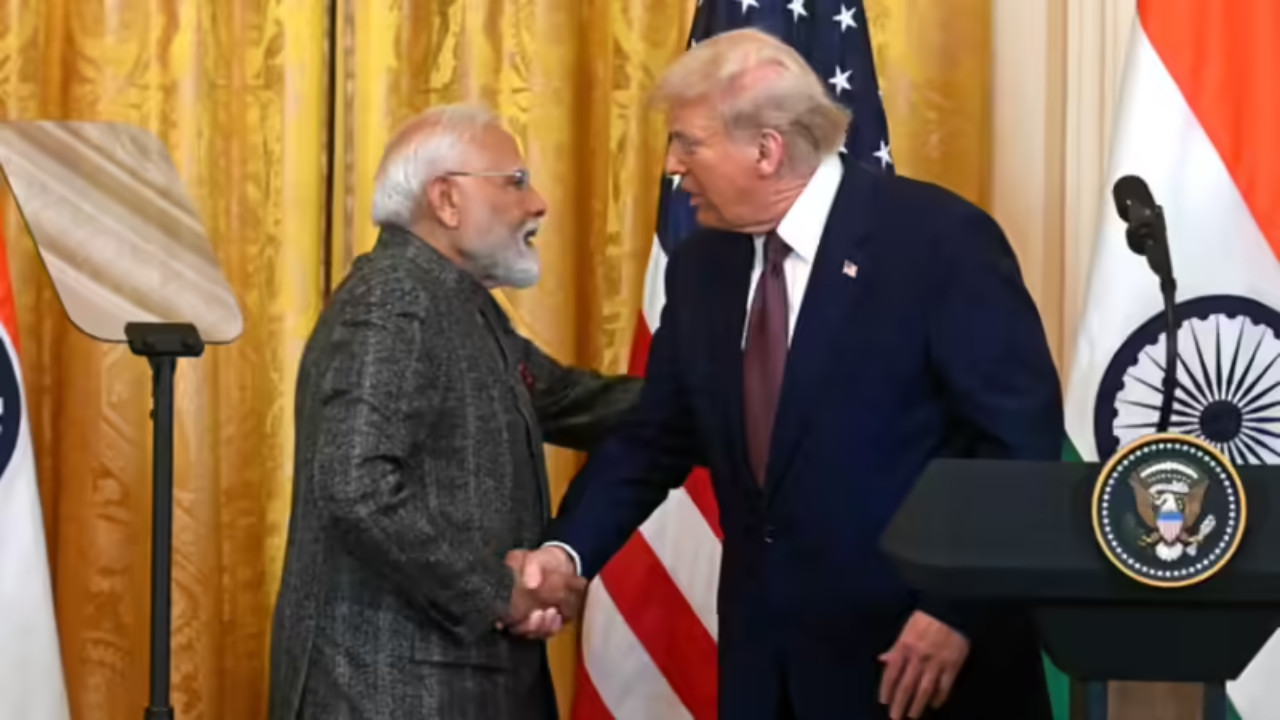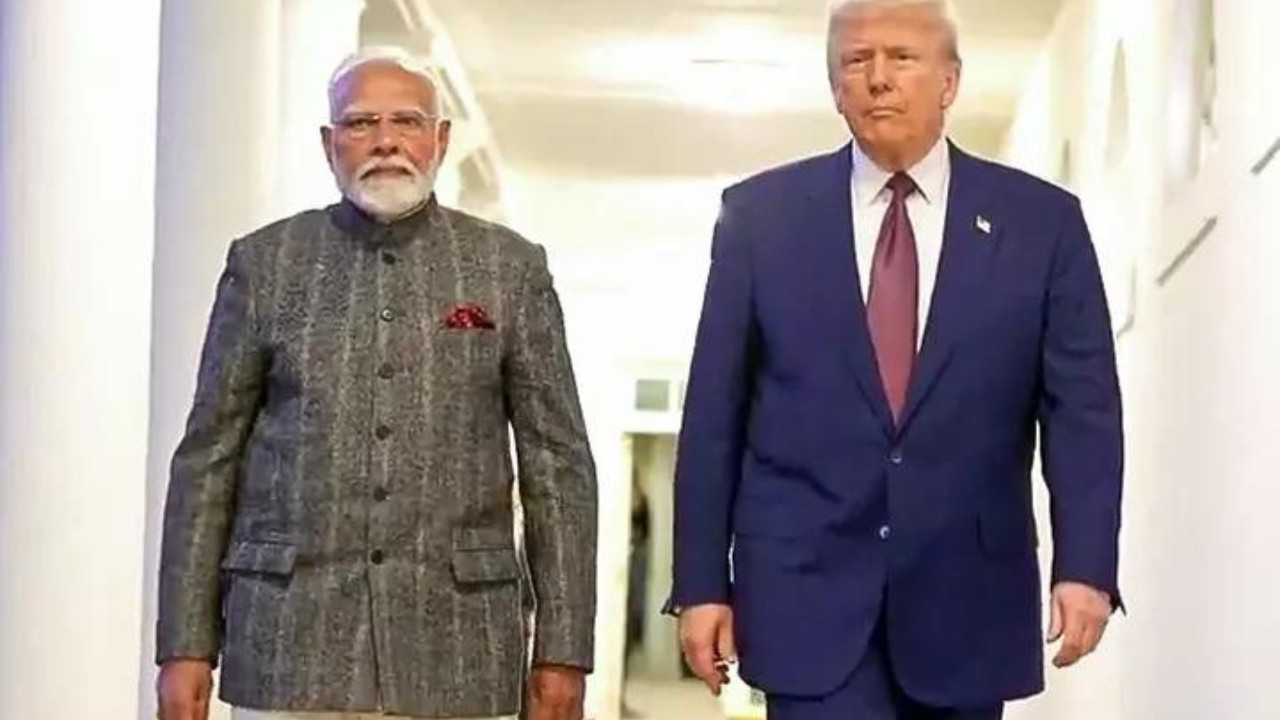Indian refiners are assessing new US sanctions on Russian oil companies. Despite the measures, purchases of Russian crude may continue. This is because sanctions target specific entities, not the oil itself. Rosneft, a major supplier, acts as an aggregator. Refiners will buy if compliant with sanctions and price caps. This situation impacts private refiners differently.
India’s Energy Balancing Act: Why Russian Oil Still Flows
The global energy landscape is a complex web of supply, demand, and geopolitics. Right now, one of the most talked-about threads in that web is India’s continued purchase of Russian crude oil, despite increasing pressure and sanctions from Western nations. So, what’s driving this decision, and what does it mean for India and the rest of the world?
India, a nation with a rapidly growing economy and burgeoning population, has an insatiable appetite for energy. To fuel its progress, the country relies heavily on imported oil. And with global oil prices constantly fluctuating, finding a reliable and affordable source is paramount. This is where Russia enters the picture.

Following the conflict in Ukraine and subsequent Western sanctions, Russian oil became available at significantly discounted prices. For India, this presented a compelling economic opportunity. As India’s oil minister recently stated, the nation has no plans to discontinue importing Russian oil. The focus is on ensuring energy security for its citizens.
Navigating the Sanctions Maze to Secure Russian Crude Oil
The situation isn’t as simple as just buying cheap oil, of course. India is acutely aware of the sanctions imposed on Russia and is actively working to navigate this complex legal and economic landscape. The approach, it seems, involves sourcing Russian crude oil through suppliers who are not subject to sanctions. This requires careful due diligence and a thorough understanding of international trade regulations.
Essentially, India is taking a pragmatic approach. The government maintains that its priority is to provide affordable energy to its people. While mindful of international concerns, it believes it’s acting in its own best interests by continuing to import Russian oil, albeit through non-sanctioned channels.
The Impact on Global Energy Markets
India’s decision to continue importing Russian oil has ripple effects throughout the global energy market. It provides Russia with a vital revenue stream, helping to offset the impact of Western sanctions. It also helps to stabilize global oil prices, preventing them from skyrocketing due to supply disruptions.
However, it also puts India in a delicate position diplomatically. The United States and other Western nations have made it clear that they disapprove of countries that continue to do business with Russia. India, however, maintains its independent foreign policy and asserts its right to make decisions that are in its own national interest.
A Balancing Act: India’s Stance on Russian Crude Oil
India’s position on Russian oil highlights the complex balancing act that many nations face in today’s world. They must weigh economic considerations against geopolitical pressures and strive to maintain both energy security and good relations with other countries.
For India, the choice is clear: securing affordable energy for its citizens is a top priority. And as long as it can do so in a way that is legally compliant and doesn’t directly violate international sanctions, it appears that India will continue to import Russian crude oil. This decision reflects a broader trend of emerging economies asserting their independence and prioritizing their own development needs in a rapidly changing global order. Read more about India’s energy independence initiatives here.
Looking Ahead
The future of India’s relationship with Russian oil remains uncertain. Much will depend on the evolving geopolitical landscape, the effectiveness of Western sanctions, and India’s own success in diversifying its energy sources. One thing is clear, however: India’s energy needs are immense, and the country will continue to seek out reliable and affordable sources to fuel its growth. The saga of India’s oil imports serves as a compelling reminder of the intricate interplay between economics, politics, and energy security in the 21st century.
The decision to continue importing Russian crude oil isn’t simply about cheap energy; it’s a complex calculation involving national interest, global politics, and the well-being of over a billion people. It’s a situation that demands continued observation as India navigates the turbulent waters of the global energy market.







